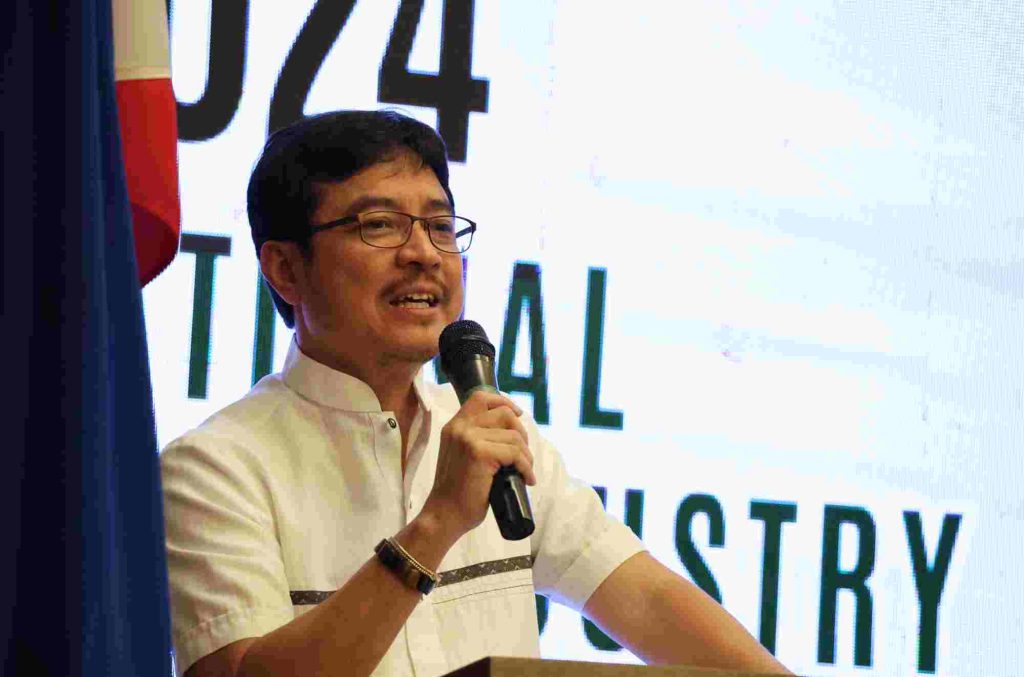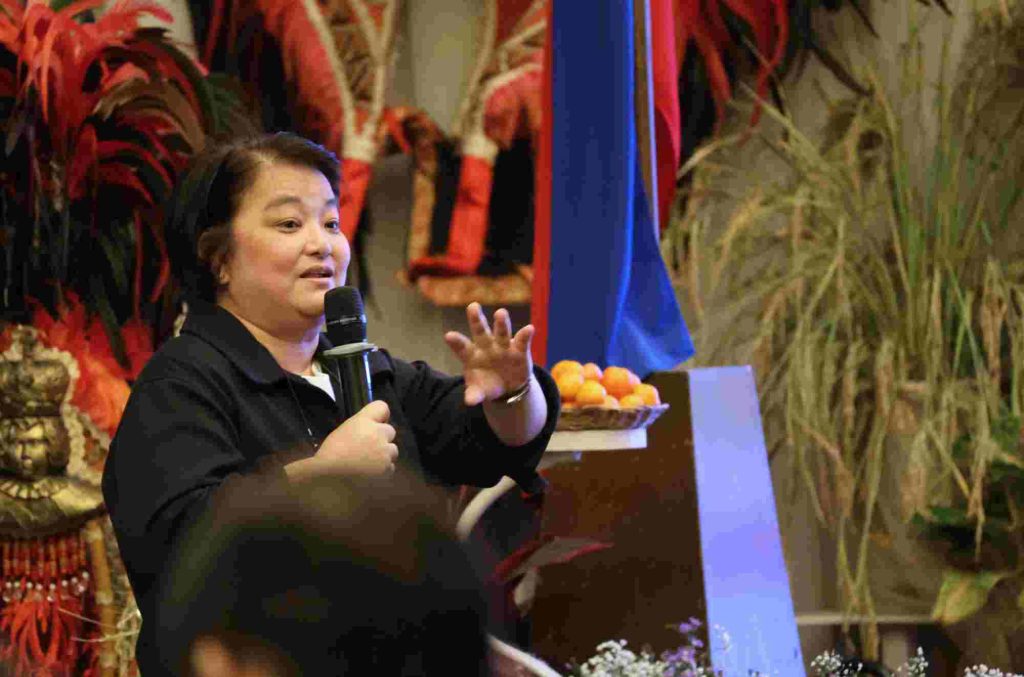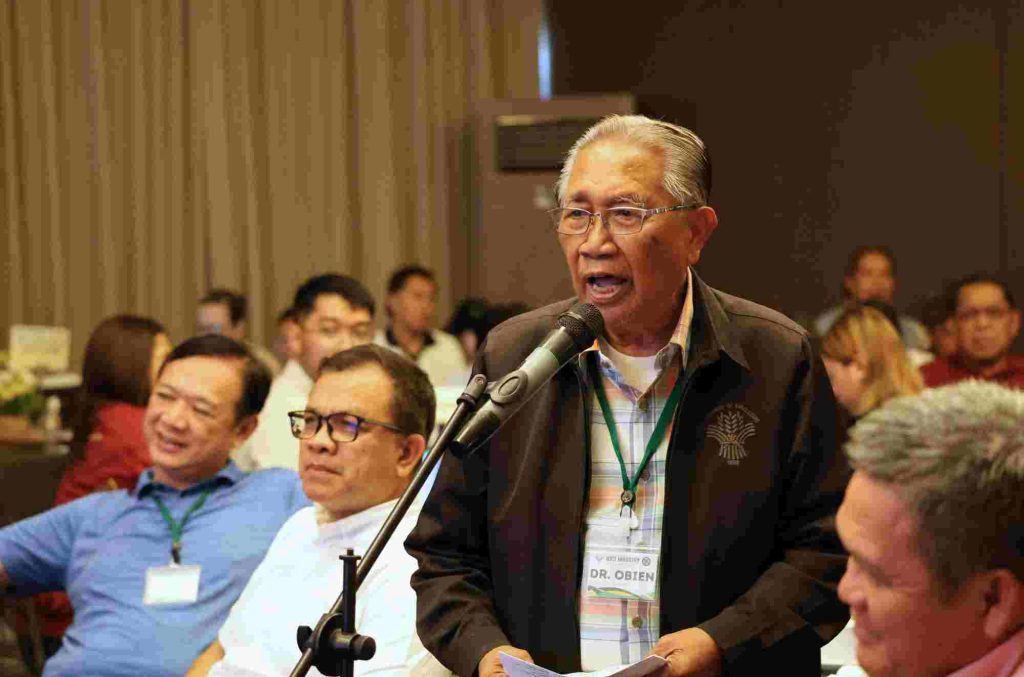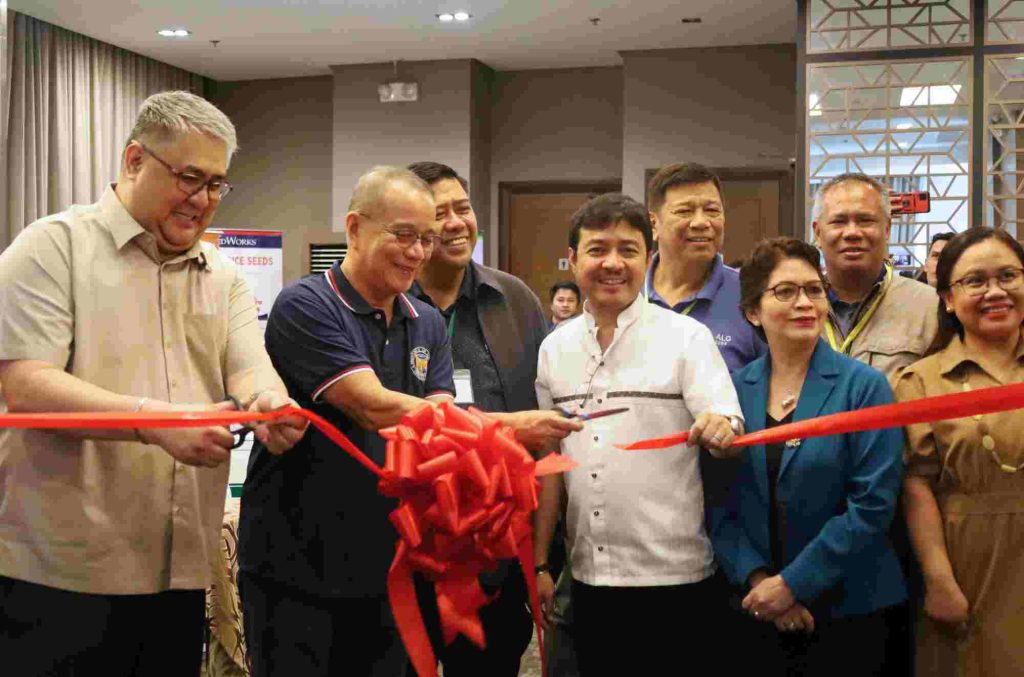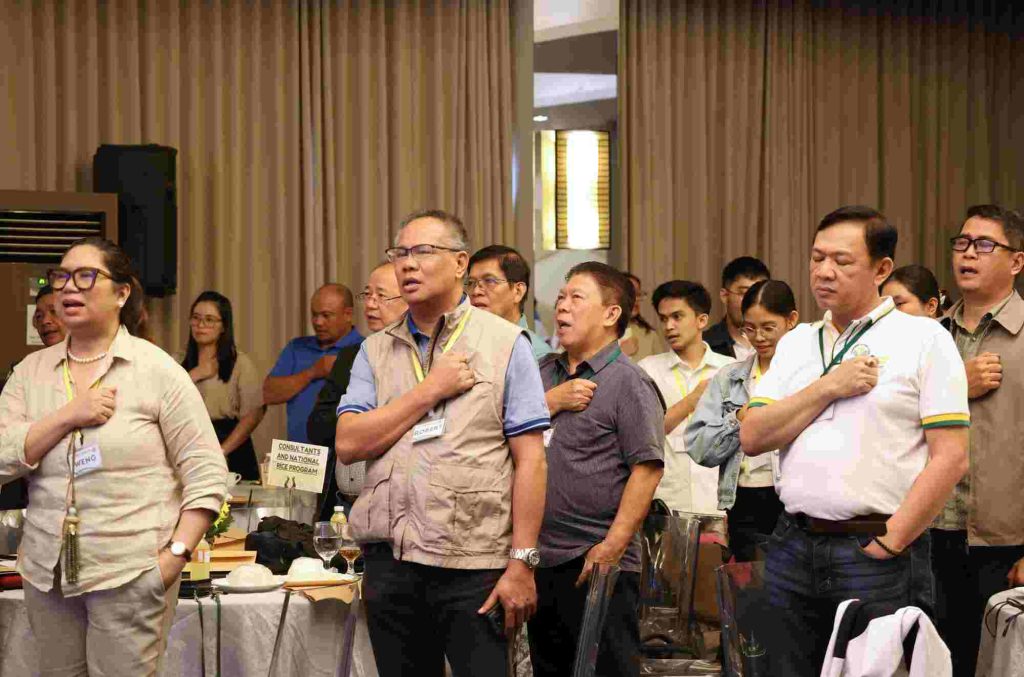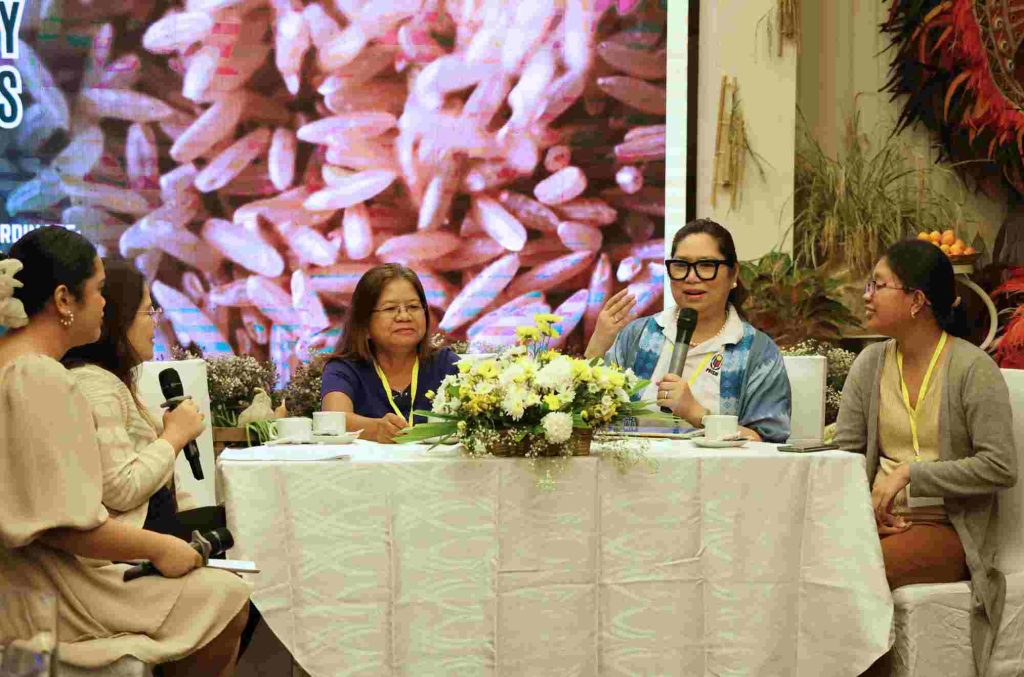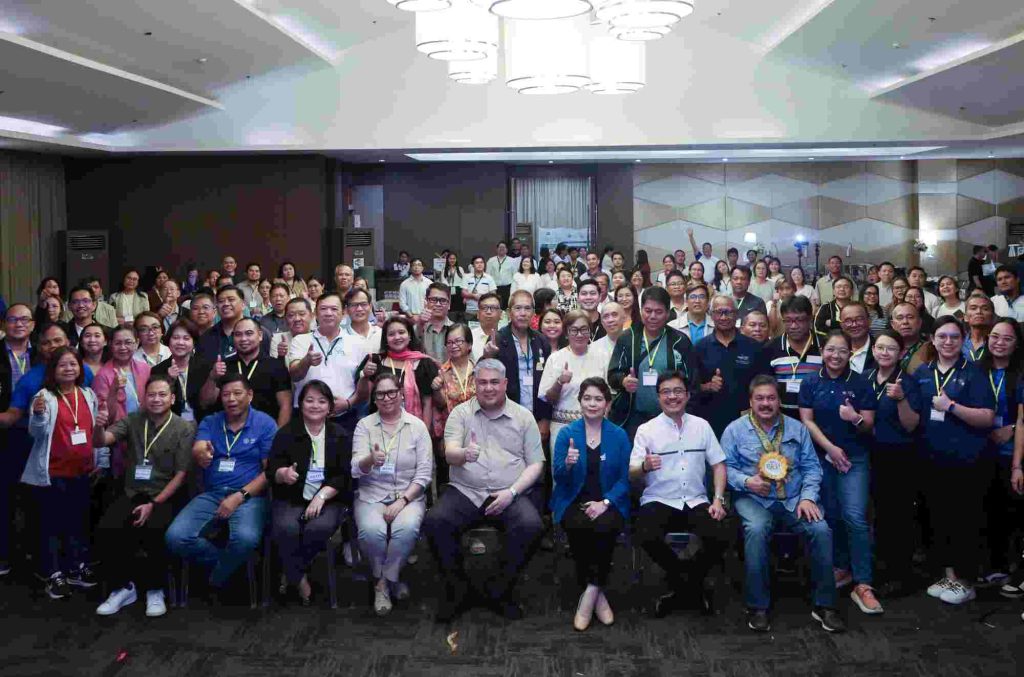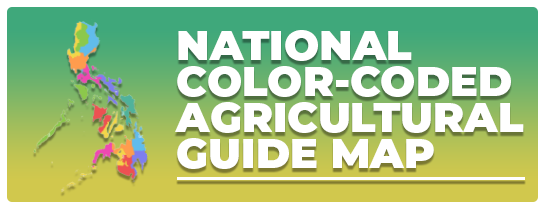PH rice stakeholders converge to address industry gaps
Posted by: RAFIS DA6 | Posted at: November 27, 2024
Stakeholders from government agencies, the private sector, and civil society organizations convened at the National Rice Industry Stakeholders Conference (NRISC) in Iloilo City from November 25 to 27 to address pressing challenges in the local rice sector.
Department of Agriculture (DA) Undersecretary for Rice Industry Development Engr. Christopher V. Morales cited the challenges of climate change, rising input costs, population growth, and market instability affecting the industry. The Philippines achieved a 62 percent growth in rice production between 2000 and 2023. The DA plans to deal with the constraints through strategic interventions within the National Rice Program, collaborating with various bureaus, agencies, and partners under the MRIDP’s comprehensive approach.
“Rice plays a critical role in the Philippine economy and is a major contributor to job creation and rural development. A stable rice supply not only protects against hunger but also helps maintain social stability, especially in times of crisis,” said USec. Morales.
According to him, the MRIDP is intensifying its efforts to implement the four key strategies of MAtatag, SAma-Sama, GAnado, and NApapanahon. They have consulted with the industry stakeholders through workshops to recalibrate plans, tackle challenges, and create more realistic work and financial plans for the FY 2026 Plan and Budget Proposal.
The three-day conference, organized by the DA National Rice Program and the Philippine Council for Agriculture and Fisheries (PCAF), centered on the theme, “Converge, Cooperate, and Coordinate: Para sa Masaganang Bagong Pilipinas.”
More than 200 stakeholders, including representatives from the Regional Agriculture and Fishery Councils, Rice Board, Rice Watch Action Network, Philippine Rice Industry Stakeholders Movement, Land Bank of the Philippines, Development Bank of the Philippines, DA Regional Field Offices, and attached agencies, identified gaps and crafted policy recommendations to resolve the impact of climate change to rice production, trade liberalization, price volatility, and low income of rice farmers.
Hazel Tanchuling, chairperson of the PCAF National Sectoral Committee on Rice and Other Food Staples, presented the enhanced Philippine Industry Roadmap. She gathered inputs from the stakeholders to strengthen the roadmap implementation, steering the sector toward increased productivity, sustainability, and resilience.
Meanwhile, Regional Executive Director Dennis Arpia of the Department of Agriculture Western Visayas expressed hope that the National Rice Industry Stakeholders Conference would serve as a platform for key program implementers and partners to develop effective and efficient solutions to address the identified gaps and challenges in the country’s rice sector. He emphasized the critical role of multi-agency collaboration in providing appropriate support to enhance rice farmers’ income.
“Ang pinakamalaking problema ng agrikultura ay ang migration ng mga magsasaka papunta sa lugar na siya ay mas kikita. The drive of the DA should be directed increasing production for our food security at siguraduhin na ang ating mga magsasaka ay hindi naiiwan sa pag-unlad,” he added.
The conference, which aimed to generate a refined list of top-priority strategies and actionable policy recommendations to tackle immediate and critical challenges in the rice industry, also supports the National Rice Awareness Month (NRAM) celebration this November.
The event concluded with stakeholders signing commitments to implement the rice industry roadmap and the MRIDP to boost the country’s food security.###Text by SMHToreno/DA-RAFIS 6






